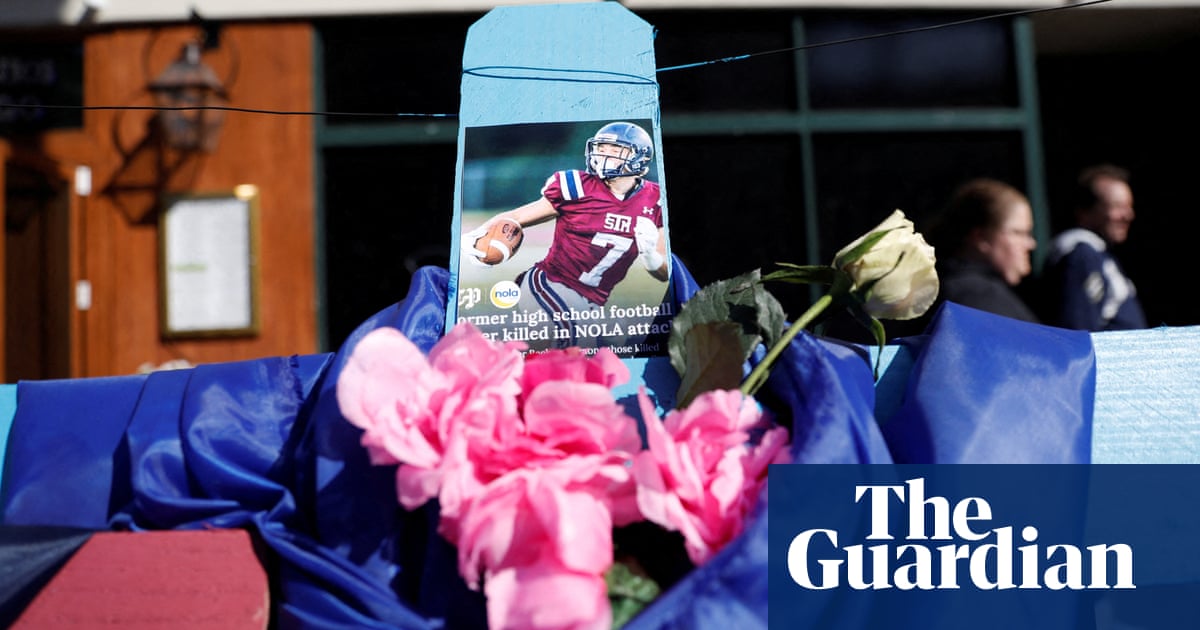‘Women are always burning inside,” says Antonella Sudasassi Furniss, over video call from Costa Rica. So they were in her 2019 debut as a writer and director, The Awakening of the Ants, in which a mother maddened by patriarchal oppression lays waste to a birthday cake at a children’s party.

Photograph: Lionel Bonaventure/AFP/Getty Images
And so they are in Furniss’s docufiction follow-up about the pleasures and horrors of female sexuality, Memories of a Burning Body. A hybrid documentary of the conversations she “never had with my grandmothers”, it uses voice recordings of three mature women – Ana (68), Patricia (69) and Mayela (71) – embodied on screen by 65-year-old actor Sol Carballo.
Carballo wanders from room to room in her empty house, revisiting scenes from her past: the terror of her first period, the dissatisfaction of marital sex, the disorientation of pregnancy. “I had two kids and I didn’t know what an orgasm was,” we hear in voiceover. Moments later, we watch Carballo, grey-haired and radiant, pleasuring herself on her bed beside an icon of Christ. In this hybrid narrative, repression and reclamation are never far apart.
“Even when I was growing up, sexuality was such a taboo,” says the 38-year-old, who was raised in Costa Rica’s capital, San José. “My grandmother had 12 pregnancies, and I wonder: did she want all those children? I never got to ask her if she really enjoyed her sexuality.”
After the release of The Awakening of the Ants – whose heroine resists familial pressure to have a third child – Furniss says that many older women got in touch to share their stories. These form the basis of her kaleidoscopic follow-up.

“What shocked me the most,” says Furniss, “was the amount of violence they had all experienced.” In one scene, a memory of childhood trauma spurs Carballo to grab a hammer and bash off the lock of her bathroom door. There are horrifying accounts of domestic abuse and sexual violence throughout. “I was brought up without knowing that you could be raped even by your husband,” we’re told in the voiceover.
“Things have changed, but not so much,” says Furniss. The reports of the case of Gisèle Pelicot have, she continues, “made me so angry that I feel it in my body. In Costa Rica, we’re at a time when things are supposedly changing for women but there are more femicides than there have ever been. It’s terrifying. And I believe it’s why people have liked this film so much: there’s a sense that these things have to be addressed.”
after newsletter promotion

Like a cross between Nell Dunn’s feminist text Talking to Women and Shirin Neshat’s magical realist film Women Without Men, Furniss’s film takes us into the nooks and crannies of a woman’s internal life. Through one door, a first kiss on a ferris wheel; through another, a bruised eye in a hospital bed. Dreams are what enable women to escape unhappy domesticity. Time, the film insists, is not linear. “When I talked to each woman, one thing always stood out: their past doesn’t represent them,” says Furniss. Being a single older woman is the ultimate liberation. “At their age, they are having the times of their lives, because they aren’t attached to anyone – they are free.”
Memories of a Burning Body isn’t simply about the traumas of the past but instead the will to live. “We tend to think of our grandmothers as if they were saints – especially in Latin America, they have such a strong role in society – but we never think of them as sexual beings,” Furniss says. “This film demystifies the idea of the older woman who only cares for others.”

.png) 2 months ago
16
2 months ago
16













































